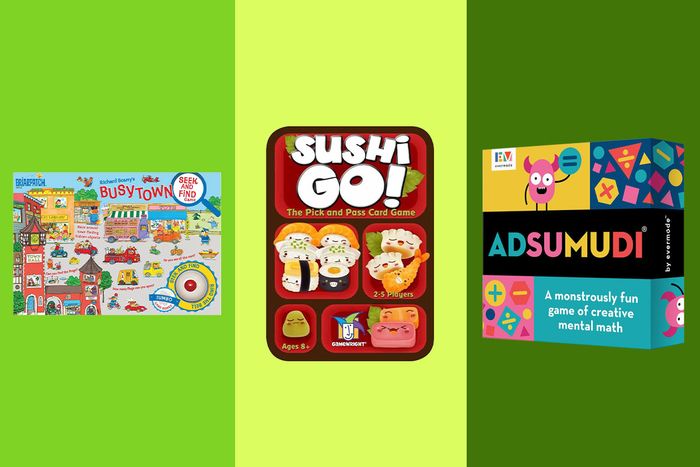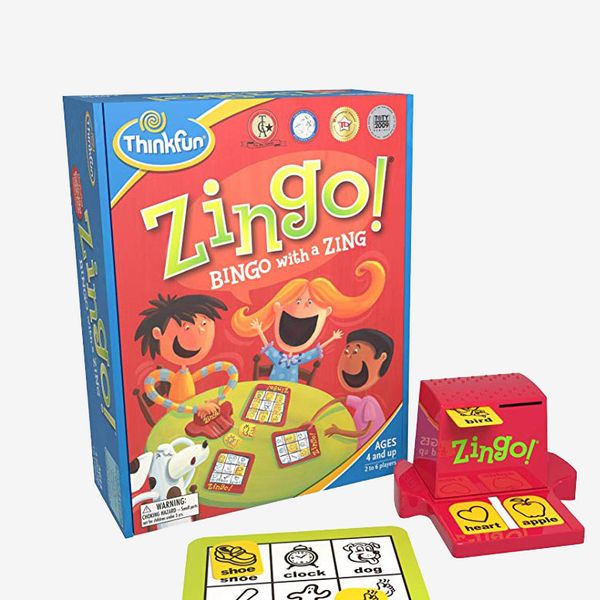Fun for All Ages: The Best Board Games for Kids and Families
Fun for All Ages: The Best Board Games for Kids and Families
Blog Article
The Ultimate Guide to Choosing the Best Board Games for Kids
Board games have been a choice of family activity, providing options for cultural interaction, proper considering, and creativity. With countless solutions, choosing the best kids board games can be quite a difficult task. That guide outlines crucial facets to think about when selecting the very best board games to make sure both fun and developmental benefits.

Era Appropriateness
One of many first considerations when selecting a game is the age of the kids who will undoubtedly be playing. Board games tend to be made with certain age brackets at heart, taking into account the cognitive and social skills normal of these ages. Search for era tips on the presentation or solution description to ensure the game suits your child's developing stage. Activities designed for younger kids frequently feature easier rules and faster playtimes, while those for older children might involve more complicated methods and lengthier durations.
Academic Price
Many board games present academic advantages, helping young ones develop essential skills while having fun. When choosing a game, consider what skills it promotes—be it critical considering, arithmetic, reading, or cultural interaction. Activities that require counting, spelling, or strategy can bolster classroom learning in a fun environment. Parents and educators often enjoy games that combination entertainment with learning, creating them a good selection for equally playtime and educational reinforcement.
Group Measurement and Relationship
Board games differ somewhat with regards to the amount of players they accommodate. Some activities are designed for 2 participants, while others may involve big groups. Consider the conventional playgroup size whenever choosing a game. In the event that you frequently variety events or household game nights, look for games that will support more players to encourage conversation and teamwork. Moreover, determine the level of cooperation versus opposition within the game. Supportive activities, where participants come together toward a standard aim, can foster teamwork and communication skills, while competitive games may teach balanced competition.
Play and Difficulty
The length of gameplay can considerably impact your family's enjoyment. Some young ones have shorter attention spans, making quick games more appealing, while the others may possibly prosper in lengthier, more immersive experiences. Examine the common playtime suggested on the box and consider your youngsters' preferences. Complexity is yet another essential factor; young kiddies might benefit from easier principles, while older kids might appreciate the challenge of more complex mechanics.
Themes and Interests
Kids tend to be attracted to games that arrange making use of their pursuits, whether that is imagination, experience, or history. Choosing a game with a design that resonates with your youngster may increase their engagement and enjoyment. Flick through the game's parts, artwork, and story to make certain it catches their imagination.

Realization
Choosing the best board games for kids involves a thoughtful concern old appropriateness, educational value, party dynamics, playtime, difficulty, and personal interests. By keeping these factors in mind, you can make games that not only entertain but additionally donate to your child's development and foster valued family memories. With the right board games , household game days may become a well liked tradition full of fun and learning. Report this page